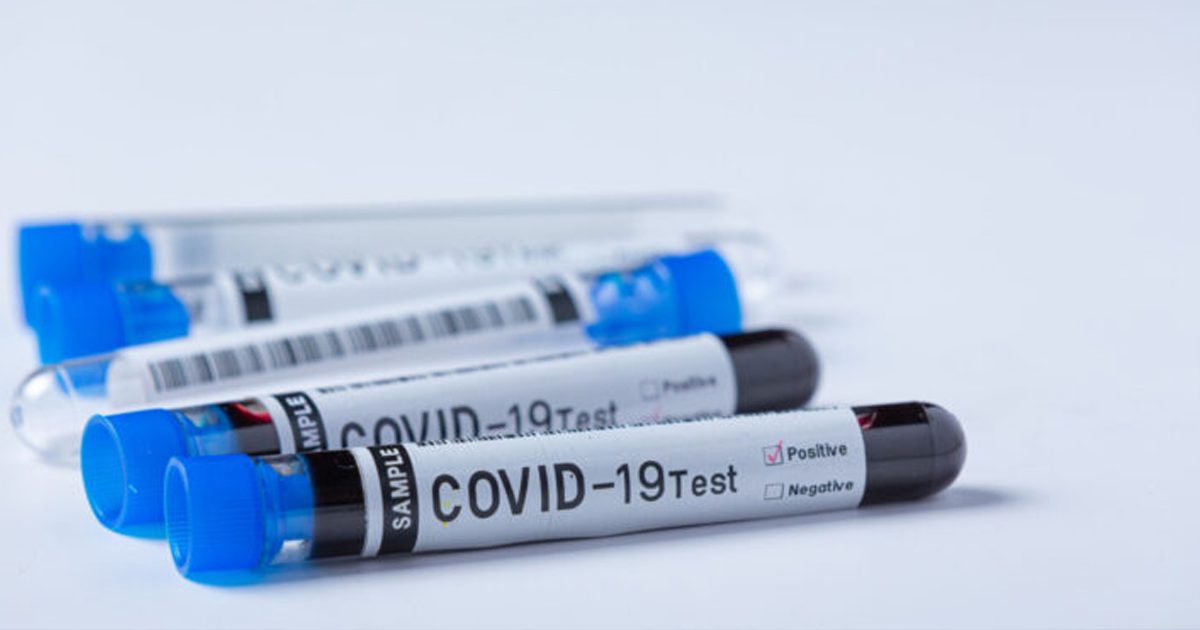Study published in Nature analyzed a COVID-19 testing program based on data and machine learning; was implemented in a university with favorable results.
At the University of Notre Dame, a group of researchers implemented a COVID-19 testing program based on two easy-to-interpret machine learning models, which sought to predict which students were at high risk of being infected and should be tested.
Both models used a social network representation of the university community in which nodes represented a student and each edge represented a connection between two people, whether it was a common class, teammates on sports teams, or roommates.
The first model is an algorithm that was created to directly predict each student's individual high or low risk of suffering from COVID-19. And the second was trained to predict which pairs of students were most likely to be close contacts, using the contact tracing system used a semester earlier.

"The success of this program suggests that machine learning strategies can improve the effectiveness of surveillance testing or other efforts to efficiently allocate testing resources and reduce community transmission," the authors explain.
In this sense, both models were a useful tool for reducing community transmission, since of more than 115 thousand tests applied at the time the study was carried out (March 3 to April 30, 2021), 18.1% corresponded to tests dictated by these prediction models.
In addition, the tests carried out on students through the predictions of this model had a higher percentage of positivity than the general tests 0.53 against 0.38%.
In this sense, this test showed that, based on machine learning models, universities and workplaces with a large number of employees can make better use of the resources they allocate to COVID-19 tests and not only generate savings, but reduce mass infections.
Check the full study at the following link:





